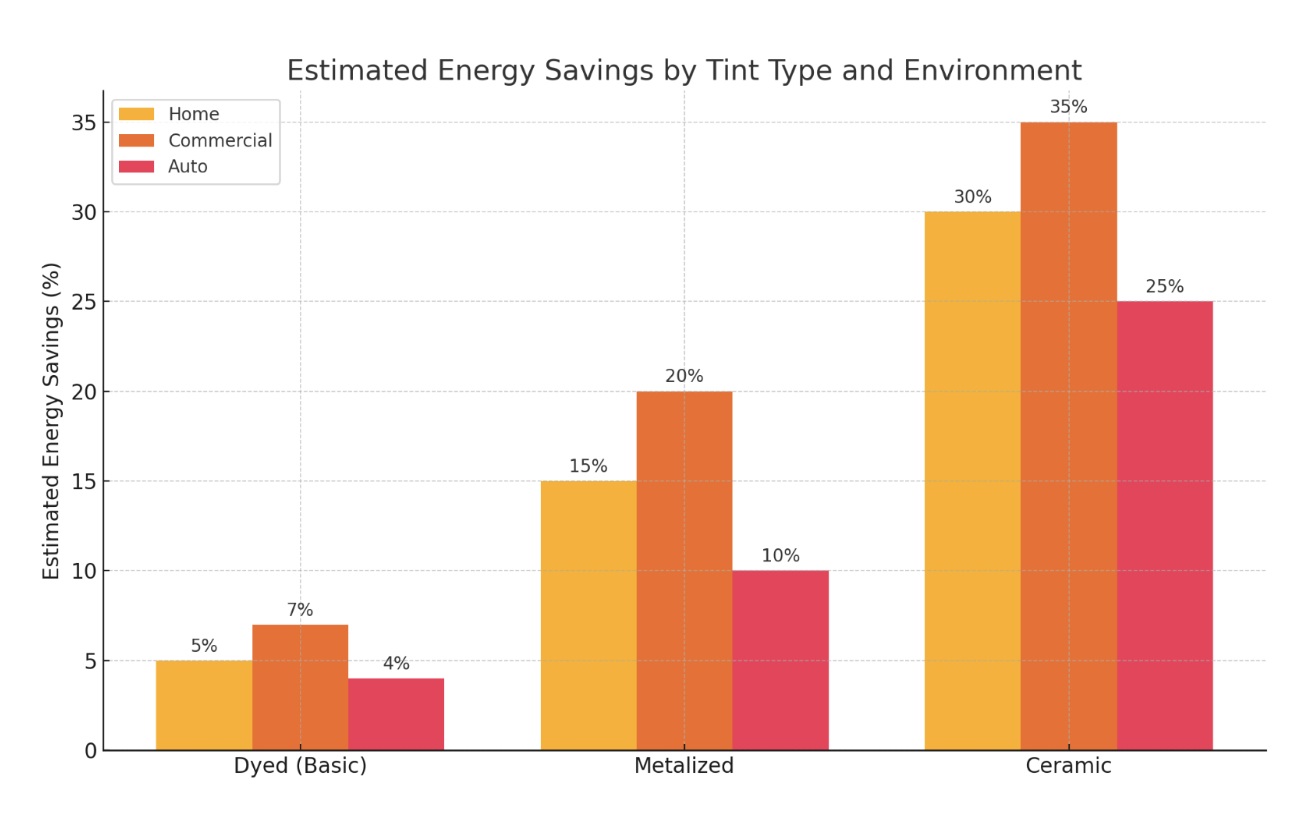(Or Is That Just a Sales Pitch?)
You’re sweating through another electric bill and wondering:
“Would tinting my windows actually lower my energy costs—or is that just something salespeople say to make it sound useful?”
Short answer: Yes, the right window tint can absolutely lower your energy bills.
Longer answer: Not all tint is created equal—and if you go cheap, you won’t see savings.
☀️ Here’s How Tint Helps Cut Energy Costs
- Less sunlight gets converted into interior heat
- Your AC doesn’t have to work as hard
- Indoor temps stay stable, even during peak sun hours
- Glare goes down, so you’re not blasting extra lighting all day
It’s like putting sunglasses on your windows—except these sunglasses save you money every month.
📉 The Savings: Real, Measurable, and Ongoing
- 10–30% reduction in cooling costs
- Up to 80% reduction in solar heat gain
- Better HVAC performance over time (less wear = fewer breakdowns)
Homeowners, business owners, and even car owners feel the difference—fast.
🧪 Which Types of Tint Are Best for Energy Efficiency?
- ✅ Ceramic & Spectrally Selective Films: Block up to 99% of UV rays and 80+% of infrared heat, allow visible light in, and offer top performance with long life
- ⚖️ Dual-Reflective or Metalized Films: Great heat rejection and privacy, but can darken interior spaces more than desired
- 🚫 Cheap Dyed Films: Look tinted but block very little heat or UV, fade quickly, and offer poor efficiency
🧠 Real-World Use Cases
- 🏠 Homes: Keeps west- and south-facing rooms cooler, works with both single- and double-pane glass
- 🏢 Commercial Spaces: Reduces HVAC costs, improves occupant comfort, and may qualify for green building credits
- 🚗 Cars & Trucks: Cuts heat buildup, lowers AC demand, improves comfort and fuel efficiency
❌ Common Myths (That Keep People Overpaying on Power)
- 💸 “Tinting is too expensive to save money.” The cost is often recovered in energy savings within 1–3 years
- 🕶️ “All tint helps with energy savings.” Only specific high-performance films deliver real heat reduction
- 🌡️ “Insulated windows don’t need tint.” Tint enhances energy efficiency even on high-end windows
🎯 Bottom Line:
Yes—window tint absolutely helps with energy savings. But only when you pick the right film, get it installed properly, and understand how it works with your space.
The wrong tint = wasted money. The right tint = lower bills, less AC stress, and a more comfortable life—inside your home, business, or vehicle.
Curious how much you could save? We’ll show you the numbers, explain the options, and help you choose a film that pays you back every single month.



